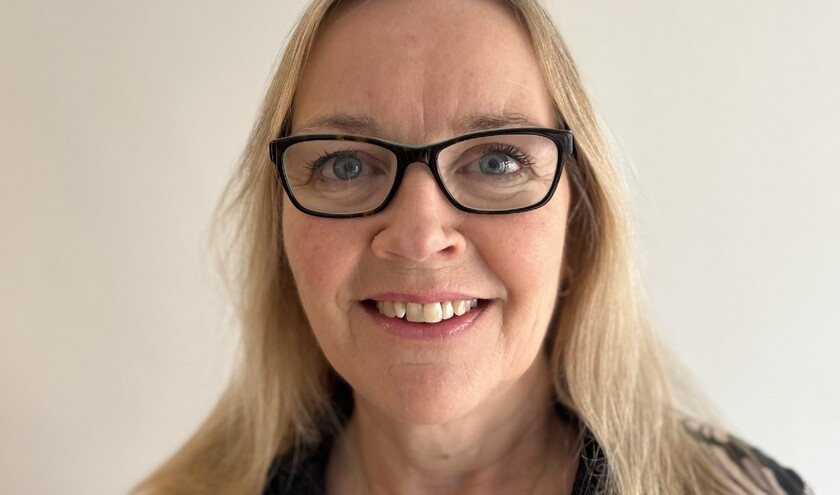Many local areas have already been taking early, practical steps to achieve a workable neighbourhood approach that meets the needs of their population. Through our recent work with ICS, we've seen three key areas emerge as essential in helping systems to establish effective neighbourhood working.
1) Putting people first
In today's fast-paced world, successful change isn't just about new systems or strategies – it's fundamentally about people. Placing people at the heart of improvement initiatives ensures that change is designed with and for those it affects most: service users and service deliverers. We can achieve this by empowering patients and communities and creating a shared purpose that activates staff.
Neighbourhood teams need a high-level vision that binds participating organisations and individuals together around common objectives. Capturing lived experience and building in community input at this early stage is key – the community voice can help ground professionals and maintain focus on compassionate approaches designed around what matters most locally. Challenge yourself to work with people who will also challenge you. Diversity of contributors brings varied contexts and new perspectives that will fuel continuous improvement. Different organisations and different groups of people will have distinct motivations, metrics and governance models. The key is to find the ‘sweet spot' where these factors converge to embed genuine ownership and enable co-production.
2) Driving improvement, impact
For neighbourhood health to succeed, it's vital to focus on priorities rather than structures. Two important enablers which are helping Integrated Neighbourhood Teams to realise their improvement ambitions are culture and governance. We need to accept that improvement initiatives might not always work as planned. There will always be circumstances outside our control that impact on our ability to succeed. Fostering a collaborative, empowered team culture enables neighbourhood models to experiment safely and to fail fast. This is less about authority and positional power and more about empowering frontline staff and residents, leaning into people's natural skillsets and providing the required decision-making framework to enable progress.
Governance needs to be an enabler and not a blocker. By establishing governance that supports collaborative cultures and local decision making, neighbourhood health teams will have the right controls and processes to realise their vision and care model. This includes alignment on roles and responsibilities, setting up forums and decision frameworks, and developing controlled information flows and shared data sets.
3) Harnessing digital, data and analytics
From clinical systems to population health dashboards to practice spreadsheets, the NHS is rich in data. But using this data, and supporting digital tools to effectively identify and support the health and care needs of local people can prove more difficult. With so much data available, it's important to be curious but also to be focused. What is the change that you want to make happen? What data do you need to confirm this is a challenge area? How will you measure impact?
The primary care providers we've worked with often have a strong sense of the unmet needs of their patient populations. Using data and analysis to verify this picture not only ensures that resources are focused in the right areas but can also be instrumental in securing neighbourhood-wide support for initiatives that may benefit one organisation more than another.
Focusing on population health data also enables us to look at workforce planning through a different lens. Rather than starting with traditional role-based approaches, we can be led by what patients need, then consider the skills and competencies that would meet that need, before mapping this to roles, our people and what they can offer.
The role of general practice
Whatever the structural approach and leadership arrangement, ensuring the sustainability of general practice is crucial. Protecting the foundation of primary care service and the trusted, connected, locally-focused role it plays in our communities will maximise the chances of success for any transformation programme. Neighbourhood health isn't just about new structures, systems and strategies – it's about new ways of working. |Through a people-first, outcome-focused, data-driven approach, we are seeing systems beginning to unlock the potential of integrated, community-based healthcare.



